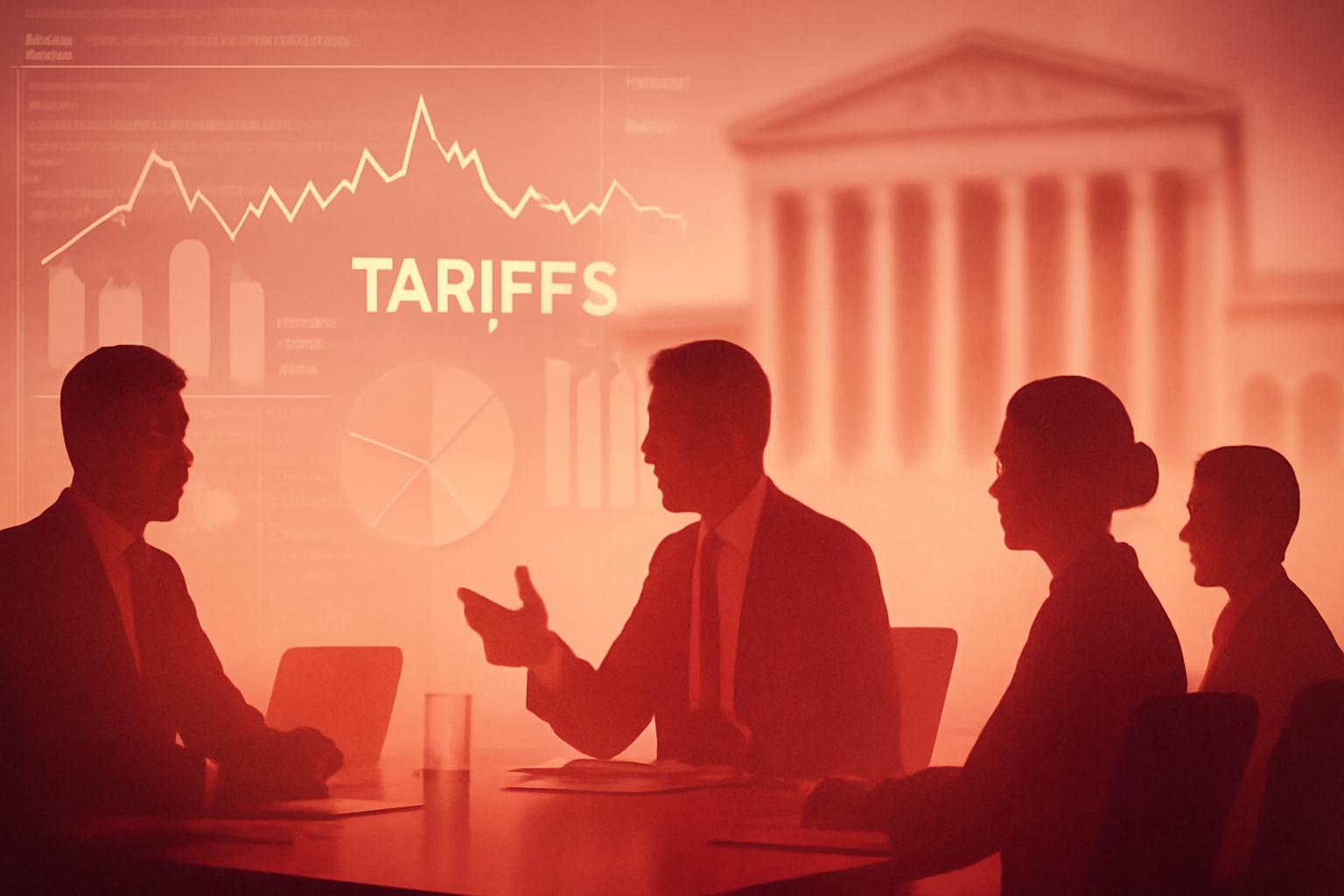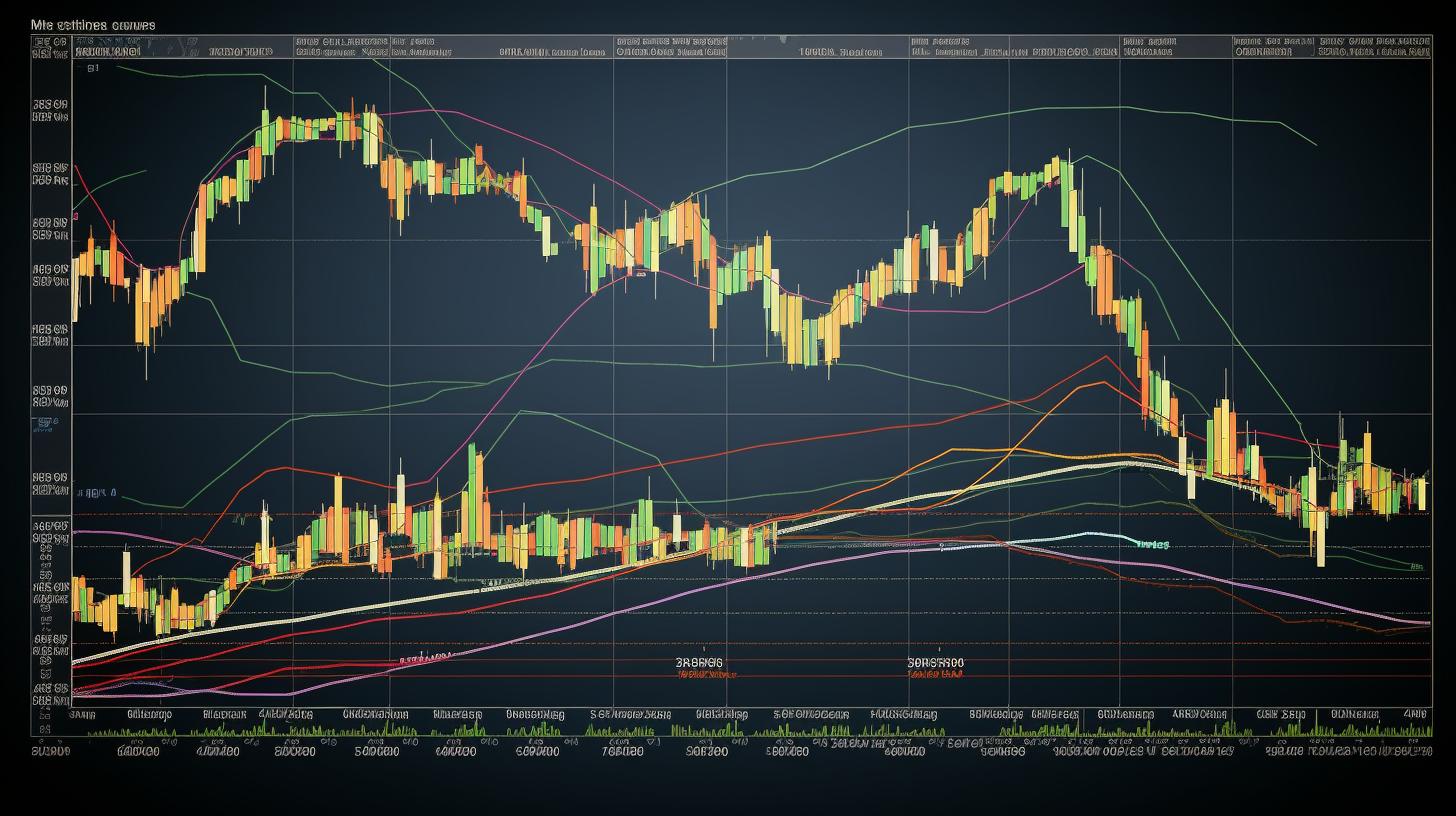Treasury Secretary Highlights Risks of Supreme Court Ruling on Trump Tariffs
U.S. Treasury Secretary Scott Bessent expressed confidence on Sunday that the Supreme Court will uphold the legality of President Donald Trump’s tariff program. However, he warned that if the high court overturns the tariffs, the Treasury Department would be compelled to issue substantial refunds, potentially amounting to hundreds of billions of dollars.
Speaking on NBC’s Meet the Press, Bessent said, “If the tariffs are struck down, we would have to give a refund on about half the tariffs, which would be terrible for the Treasury.” He acknowledged the agency would comply with any Supreme Court ruling.
Legal Challenge and Expedited Appeal
The Trump administration recently petitioned the Supreme Court for an expedited review to overturn a federal appeals court decision that deemed most of Trump’s reciprocal tariffs illegal. The U.S. Court of Appeals for the Federal Circuit ruled last month that the president exceeded his authority by imposing tariffs on imports from nearly every country following his “liberation day” announcement.
The appeals court delayed the enforcement of its ruling until October 14, allowing the administration time to seek Supreme Court intervention. Trump has requested that the Court hear arguments in early November and deliver a prompt decision.
Potential Financial Impact and Timeline Concerns
Bessent cautioned that if the Supreme Court delays ruling until June 2026, the Treasury could have collected between $750 billion and $1 trillion in tariffs. Reversing these collections would cause significant market disruption and a large financial liability for the government.
Alternative Measures Under Consideration
While expressing optimism about the Court’s outcome, the administration is preparing contingency plans. National Economic Council Director Kevin Hassett indicated that other legal mechanisms, such as tariffs under Section 232 of the Trade Expansion Act of 1962, could be deployed if the current tariffs are invalidated.
Section 232 allows the president to impose tariffs to protect national security interests following an investigation into import threats. The Trump administration has previously used Section 232 to expand tariffs on steel and aluminum to over 400 product categories and has threatened tariffs on semiconductors and pharmaceuticals.
Impact on Low-Cost Imports and Postal Traffic
Separately, the administration eliminated the “de minimis exemption” on imports valued at $800 or less, leading to a dramatic 80% decline in postal shipments into the U.S., according to the Universal Postal Union, a United Nations agency. This move has affected low-cost goods and altered international postal flows.
The future of Trump’s tariffs remains uncertain as the Supreme Court considers the appeal. The outcome will have significant implications for U.S. trade policy, government revenues, and importers nationwide.
FinOracleAI — Market View
The potential invalidation of Trump’s tariffs poses significant fiscal risks, with refund liabilities possibly reaching up to $1 trillion, which could disrupt government finances and trade markets. The administration’s contingency plans to implement alternative tariffs under Section 232 mitigate some risk but may prolong trade uncertainty. Markets should monitor Supreme Court developments closely, as a ruling in favor of the tariffs would sustain current trade policies, while a negative decision could trigger volatility in import-dependent sectors.
Impact: negative













